Onion links are the key to a major part of the dark web, serving as the addresses for websites that prioritize anonymity. Designated by the “.onion” top-level domain, these links are only accessible through specialized browsers like Tor. Their role is to provide a hidden, encrypted communication and content delivery system for both the dark web market website operator and the user.
The Foundation of Anonymity
The term “onion” comes from the layered encryption technique, known as onion routing, that protects users and websites. When a user tries to access an onion site, their request is wrapped in multiple layers of encryption. This request is then sent through a series of at least three randomly chosen volunteer-run servers, or relays, that make up the Tor network. As the request passes through each relay, one layer of encryption is “peeled” away, revealing only the address of the next relay in the chain. The final relay decrypts the last layer and sends the request to the website’s server. Because no single relay knows both the original user’s IP address and the final website’s address, both the user and the site remain anonymous.
A Double-Edged Sword of Use Cases ⚔️
The anonymity provided by onion links is a double-edged sword, serving a variety of purposes, both legitimate and illicit.
Legitimate Uses
Onion links are a vital tool for those who need to communicate securely and privately. They are used by:
- Journalists and Whistleblowers: To safely share sensitive information with media outlets without fear of surveillance or reprisal. Many major news organizations, like the BBC, have their own onion sites to provide a secure channel for sources.
- Political Dissidents: In countries with strict government censorship and surveillance, onion links provide a way to access a free and open internet, allowing for secure communication and the sharing of information that would otherwise be blocked or punished.
- Privacy Advocates: For individuals who want to protect their personal data from corporations and government agencies, onion sites offer a way to browse the web with a much higher degree of privacy than conventional browsers.
Illicit Uses
The very anonymity that protects activists also enables criminal activity. The dark web is often associated with:
- Illegal Markets: These are platforms that sell illicit goods, such as illegal drugs, weapons, and stolen data. These markets use cryptocurrencies for anonymous transactions.
- Malware Distribution: Onion links can be used to distribute malware, phishing schemes, and other malicious software that exploits a user’s anonymity.
- Abuse and Exploitation: The darkest corners of the dark web host forums and websites dedicated to criminal and exploitative content.







